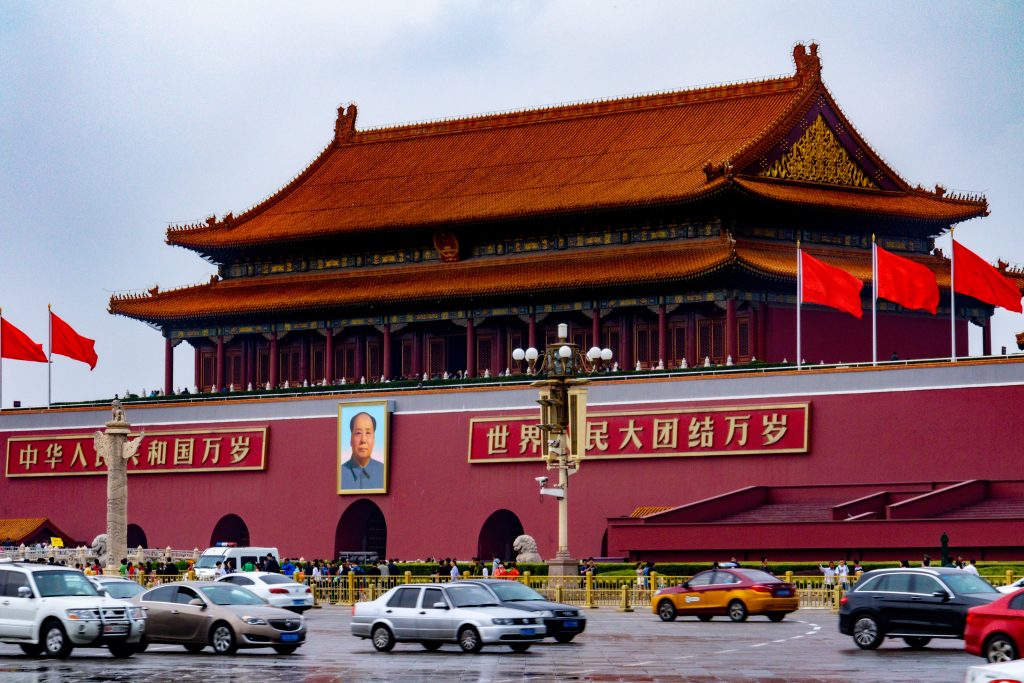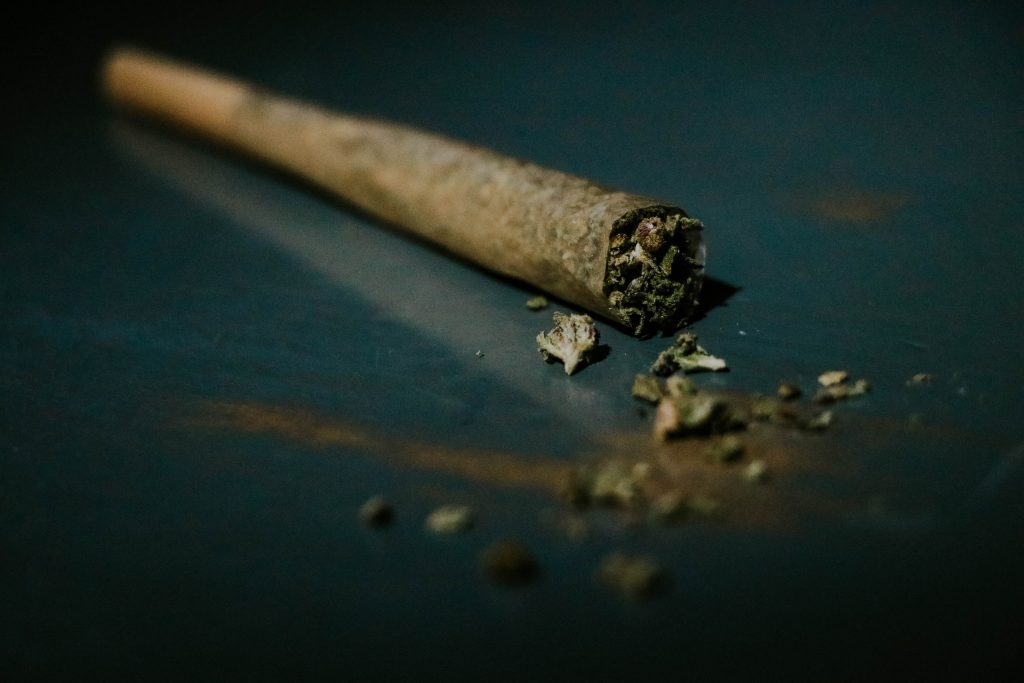Video: Marijuana Tied to Psychosis Once Again
People who use high potency marijuana are much more likely to develop psychosis.
Watch this video to learn more.
People who use high potency marijuana are much more likely to develop psychosis.
Watch this video to learn more.

Last week U.S. Senator Tom Cotton (R — Ark.) introduced legislation to prevent members of the Chinese Communist Party from purchasing farmland in the United States.
According to a USDA report, approximately 1.1 million acres of agricultural land in Arkansas is foreign held — mostly from Canada, Netherlands, Germany, Italy, and the United Kingdom. Arkansas Act 1046 of 2021 generally requires foreign landowners to file reports with the Arkansas Department of Agriculture.
As we have written before, the Chinese Communist Party has blocked internet access for its people, caused food shortages in its own country, engaged in espionage, allegedly tried to influence public policy in America, and imposed forced abortions and sterilizations on minorities. With that in mind, it is concerning to many Americans that the Chinese Communist Party might try to purchase and control farmland in the U.S.
Below is a copy of a press release from U.S. Sen. Cotton’s office about the legislation.
Washington, D.C. — Senators Tom Cotton (R-Arkansas) and Tommy Tuberville (R-Alabama) today introduced the Securing America’s Land from Foreign Interference Act to prohibit members of the Chinese Communist Party from purchasing any land in the United States. Text of the bill may be found here.
“Chinese investments in American farmland put our food security at risk and provide opportunities for Chinese espionage against our military bases and critical infrastructure. Instead of allowing these purchases, the U.S. government must bar the Communist Party from purchasing our land,” said Cotton.
“We cannot continue giving our top adversary a foot in the door to purchase land in the United States and undermine our national security,” said Tuberville. “I hope my colleagues will recognize the importance of our bill and join the effort to prohibit Chinese Communist Party involvement in America’s agriculture industry.”
Background:
• China’s agricultural investments in countries around the globe grew more than tenfold from 2009 to 2016. China’s Ministry of Agriculture claims the country had over 1,300 agricultural, forestry, and fisheries enterprises with registered overseas investments of $26 billion, at the end of 2016.
• Chinese investments in U.S. agricultural may provide the CCP with undue leverage over U.S. supply chains and access to sensitive information critical to U.S. national security.
• While Chinese entities held slightly less than one percent of all foreign-held acres in the U.S. in 2020, the volume of their holdings increased dramatically over the last decade. According to U.S. Department of Agriculture (USDA) reports, Chinese investors’ holdings of U.S. agricultural land surged from 13,720 acres in 2010 to 352,140 acres in 2020.
• The USDA’s most recent report on foreign landholding through December 31, 2020 shows foreign investors now hold an interest in nearly 37.6 million acres of agricultural land in the U.S.—an area larger than the state of Iowa.
• Approximately 14 states have some level of foreign ownership restriction yet there are no federal restrictions on the amount of private U.S. agricultural land that can be foreign owned.
• Land grabbing by foreign actors will become a greater threat in the coming years. With an aging population of American farmers (one-third over the age of 65), millions of acres in U.S. farmland are expected to change hands in the next decade.
###
Articles appearing on this website are written with the aid of Family Council’s researchers and writers.

Science continues to tie marijuana use to mental health problems.
Writing in The Lancet last month, researchers determined that using high potency marijuana was linked to an increased risk of psychosis.
After analyzing some 20 different studies, researchers concluded, “People who used higher potency cannabis were three times more likely to have first-episode psychosis compared with people who had never used cannabis,” and that “people who used higher potency cannabis daily were five times more likely to be diagnosed with a psychotic disorder compared with those who never used cannabis.”
The study also found evidence suggesting that using higher potency marijuana is associated with anxiety.
As many have written in the past, high potency marijuana is now common in states that have legalized medical and recreational marijuana.
In fact The Lancet article notes that THC concentrations in marijuana have more than doubled in the U.S. over the past decade.
Researchers have found time and again that marijuana is dangerous.
A 2019 study found using marijuana with THC levels exceeding 10% increased the odds of a psychotic episode.
A growing body of research suggests marijuana can have damaging effects on adolescent brains.
Last year a study out of California found infants were 35% more likely to die within a year of birth if their mother used marijuana heavily.
The study also found that infants were more likely to be born preterm, have a low birth weight, and be small for their gestational age.
Another study published in the Canadian Medical Association Journal last year found adults under age 45 who frequently used marijuana were roughly twice as likely to suffer heart attack as adults who did not use marijuana.
A report published in the Journal of the American Medical Association found that states that legalized commercial marijuana sales saw self-harm rates rise by 46% among men ages 21 to 39.
Research shows Canada saw a dramatic increase in driving while high following legalization of marijuana in 2018.
In September of 2020 the Rocky Mountain High Intensity Drug Trafficking Area released a report that found traffic deaths in which drivers tested positive for marijuana increased 135% and all Colorado traffic deaths increased 24% following marijuana legalization in 2013.
The list goes on and on.
All of this underscores what we have said for years: Marijuana may be many things, but “harmless” simply is not one of them.